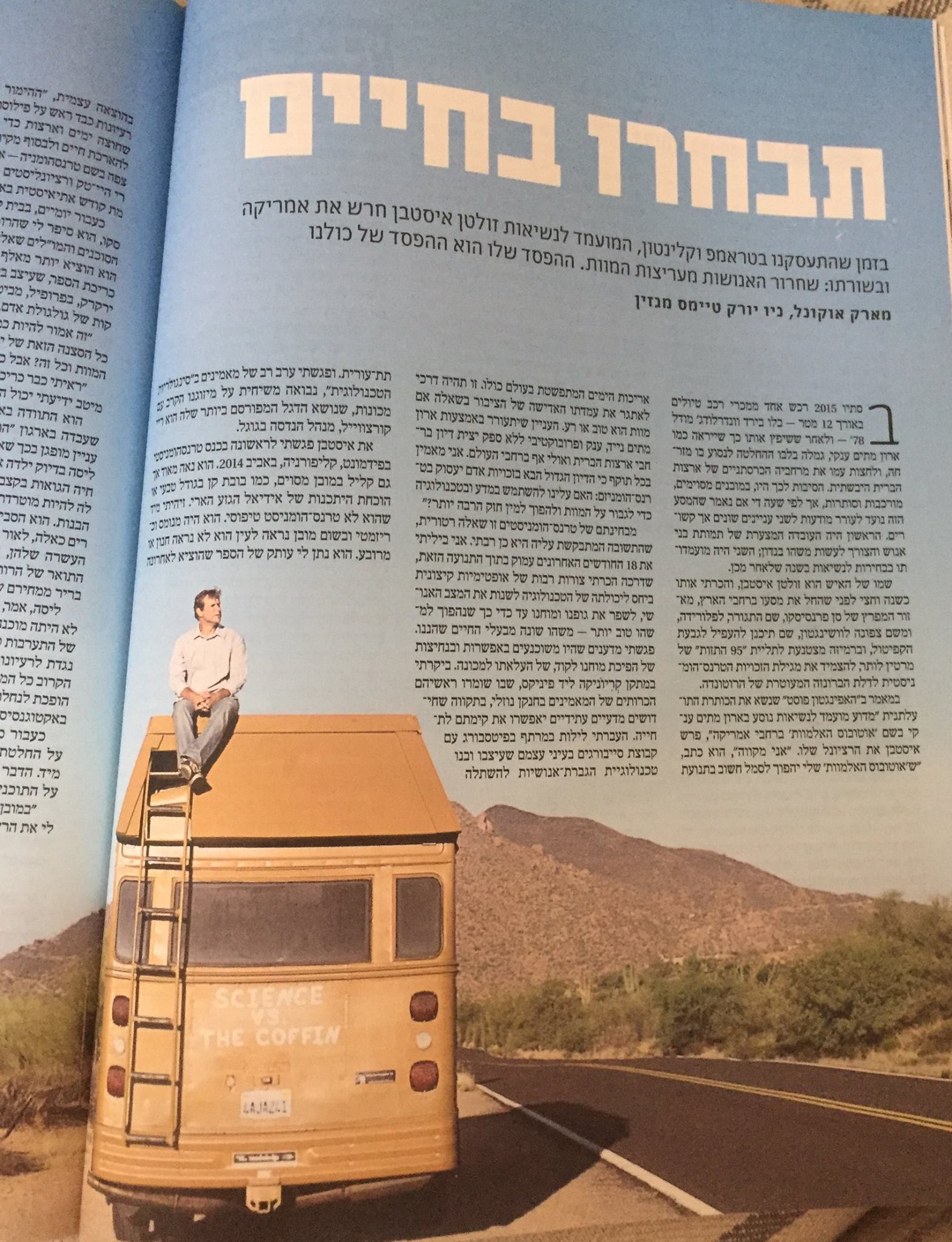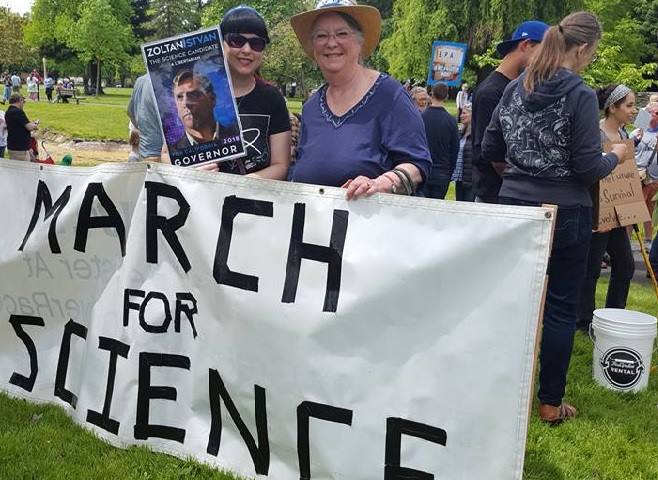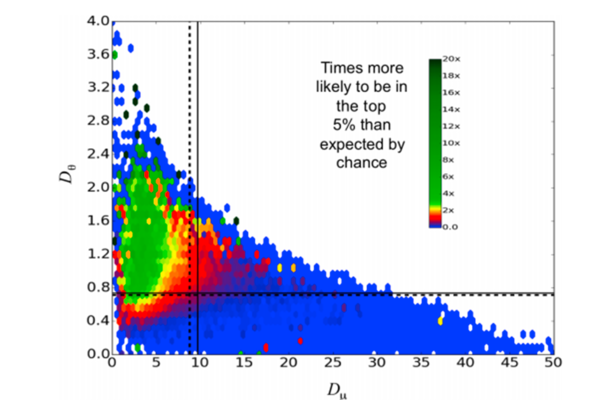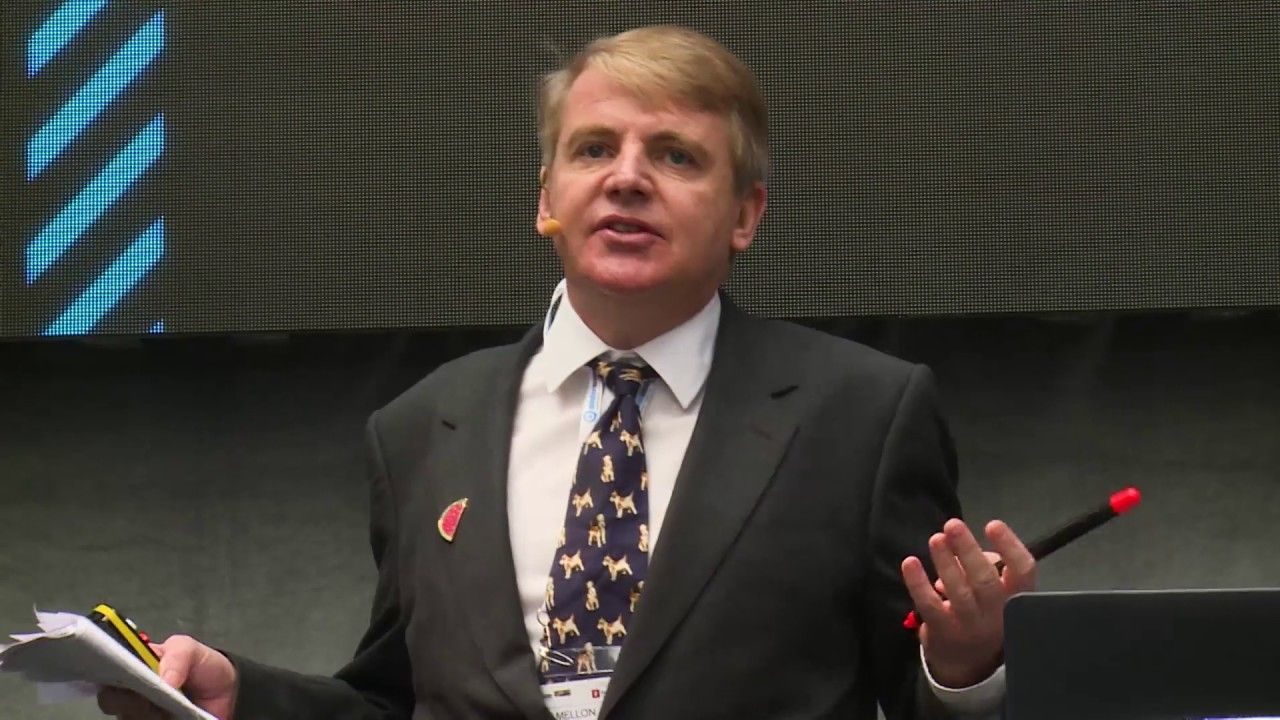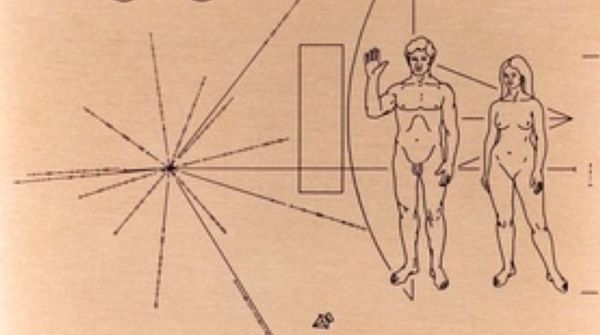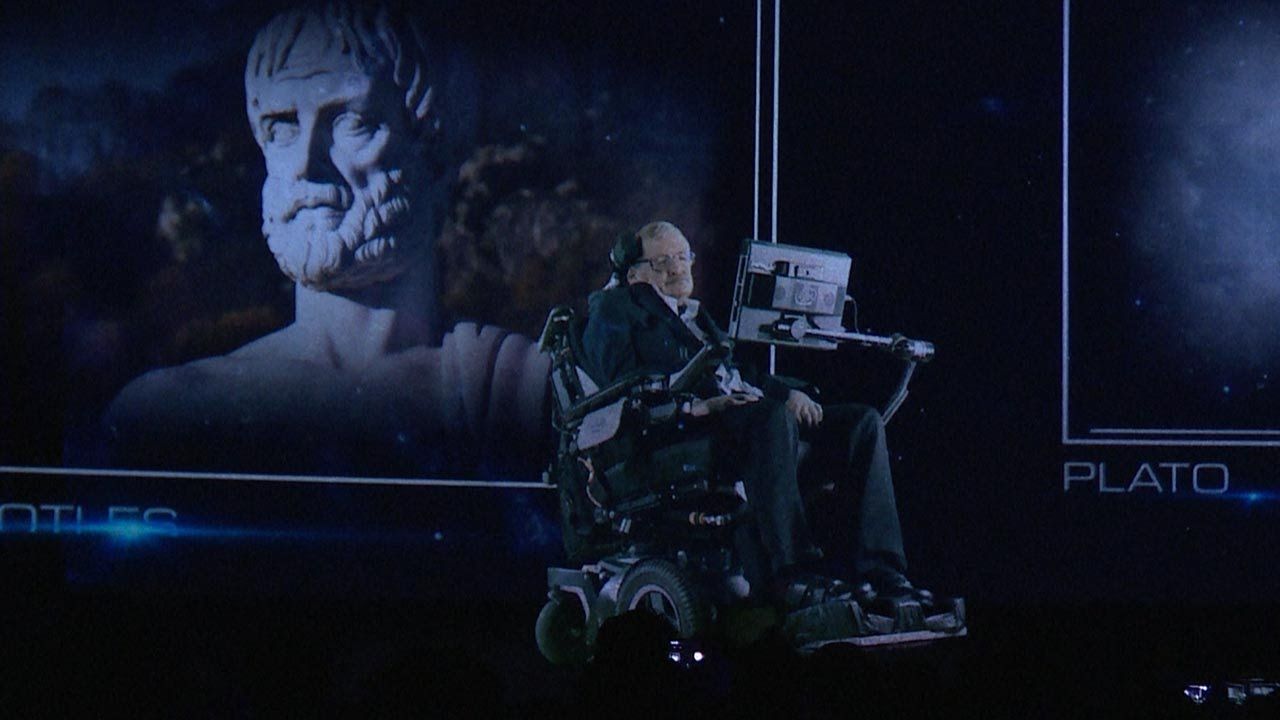AIMS contributes to this by having created a network across the continent via its various centres in South Africa (initially founded in Cape Town in 2003), Senegal, Ghana, Cameroon, Tanzania, and now Rwanda. It not only educates but it also actively promotes mathematics and science in Africa in various effective ways, some of which we will cover below. It is essentially creating a pool of excellent African mathematicians and scientists who will (in turn) apply solutions to our continent’s challenges. Yes, many of them actually stay here.
AIMS’ new centre in Rwanda offers a model many of our organisations, and many entrepreneurs, can follow. It’s an exciting endeavour creating a quantum leap for the continent. But it should also make us ask hard questions about what we deem important and what we talk about.
As soon as I touched down at Kigali International Airport, Rwanda, I could feel something phenomenal was in the air. Perhaps it was because people kept telling me that Kigali is a true African city, or perhaps it was the sheer amount of beauty of Rwanda — an African nation with its own, unique African identity — or perhaps it was the amazing innovation and technology I encountered from touchdown (free Wi-Fi on the bus, MTN tap-and-go payments, and more) right to where I was going: The African Institute of Mathematical Sciences (AIMS).
After having received an invite to attend the launch of the new AIMS in Rwanda, I was pretty excited, and I must say it is truly impressive. And best of all, it’s truly Pan-African. It inspired me in ways I didn’t imagine, but also made me ask some hard questions of what it is we prioritise in our media conversations. I left asking: why on earth are we not talking more about this sort of thing?
Read more
